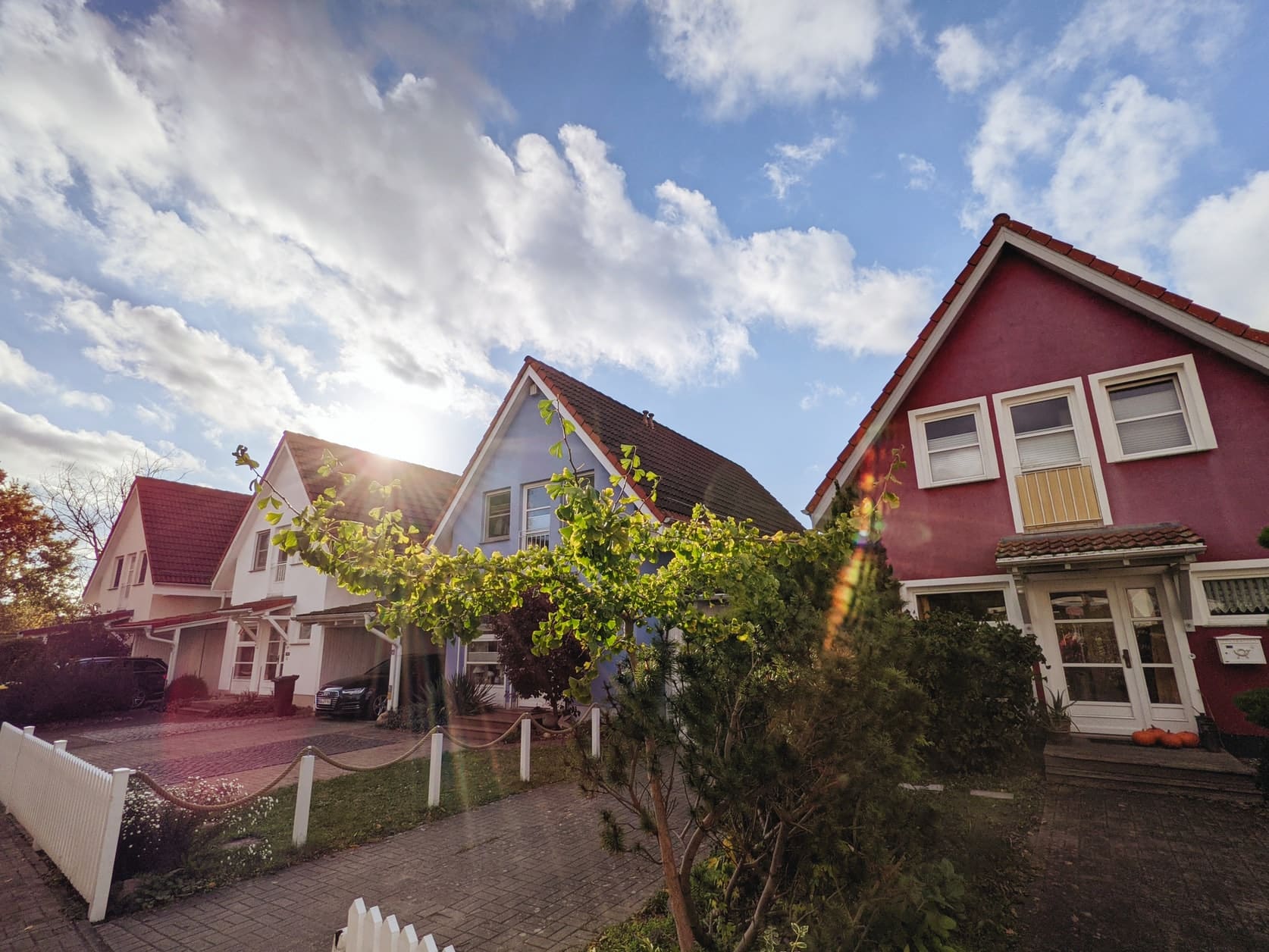Get Expert Financing
- Matched with investor-friendly lenders
- Fast pre-approvals-no W2s required
- Financing options fro rentals, BRRRR, STRs
- Scale your portfolio with confidence
Nearly 40% of real estate investors report that securing financing remains their biggest challenge when expanding their portfolios. For condotel investments, this challenge intensifies dramatically. These hybrid hotel-condo properties offer the allure of personal vacation use combined with rental income potential, yet they require specialized financing that most traditional lenders won’t touch.
The complexity stems from their non-warrantable status, meaning conventional Fannie Mae and Freddie Mac loans are off the table. However, with the right knowledge and preparation, investors can unlock these lucrative opportunities that consistently generate higher returns than traditional rental properties in prime vacation markets.
Condotels occupy a unique position in real estate investment, combining hotel amenities with condo ownership. This hybrid nature creates specific financing challenges that investors must understand before diving in.
Unlike traditional condominiums, condotels operate under hotel management agreements where units are often placed in rental pools. This arrangement generates revenue but also introduces variables that conventional lenders view as risky. Properties may have restrictions on personal use, mandatory participation in rental programs, and income that fluctuates with tourism patterns.
The non-warrantable designation means these properties don’t meet government-sponsored enterprise guidelines. This exclusion pushes financing into the specialty lending space, where portfolio lenders and non-QM (non-qualified mortgage) products dominate the market.
The primary financing vehicles for condotel purchases are portfolio loans held by private lenders and non-QM products. These lenders create custom underwriting guidelines, offering flexibility but typically at premium rates compared to conventional mortgages.
| Loan Type | Down Payment | Credit Score | Rate Structure |
|---|---|---|---|
| Portfolio Loan | 25-30% (personal use), 30-40% (investment) | 680+ preferred | Fixed 5-7 years |
| DSCR Loan | 25-40% | 620-680+ | ARM 3/5/7 year |
| Non-QM | 25-35% | 620+ | Variable terms |
Current market conditions in 2025 demand substantial upfront capital. Down payments range from 25% for second homes to 40% for pure investment purchases. Additionally, lenders typically require one year of reserves, which can include cash, retirement accounts, and liquid investments.
These reserve requirements reflect the seasonal nature of most condotel markets and the potential for rental income fluctuations during economic downturns or travel disruptions.
Traditional full documentation remains standard, but DSCR (Debt-Service Coverage Ratio) loans offer alternatives for investors with complex financial profiles. DSCR loans qualify borrowers based on the property’s rental income potential rather than personal income alone.
For properties generating consistent rental revenue through established hotel management programs, DSCR loans can provide more favorable qualification terms. Lenders typically require debt service coverage ratios between 1.20 and 1.25, meaning rental income must exceed mortgage payments by 20-25%.
The condotel financing market has evolved significantly, with 2025 showing increased lender participation and improved terms compared to previous years. Regional banks are becoming more active, though they maintain conservative leverage requirements and typically demand personal guarantees.
Alternative financing vehicles are gaining traction, including mezzanine debt for larger acquisitions and C-Pace loans for properties with energy efficiency components. These creative solutions help bridge financing gaps, particularly for developers and larger investment groups.
Interest rate trends favor adjustable-rate mortgages, with most condotel loans structured as 5-year or 7-year ARMs. While specific rates vary by lender and borrower profile, expect premiums over conventional mortgage rates due to the specialized underwriting and higher perceived risk.
Successful condotel investments depend heavily on location selection within established tourism markets. Properties in destinations with year-round appeal typically offer more stable financing terms and better long-term appreciation potential.
Key factors include proximity to attractions, quality of hotel management programs, and local regulations governing short-term rentals. Some municipalities have implemented restrictions that could impact future rental income streams.
The hotel management company relationship significantly impacts both financing options and investment returns. Lenders prefer properties managed by established hospitality companies with proven track records. These relationships often provide access to booking systems, marketing, and operational expertise that individual property managers cannot match.
Management fees typically range from 30-50% of gross rental revenue, but professional management often generates higher occupancy rates and premium pricing that more than offset these costs.
Given the specialized financing requirements, exit strategies require careful planning. The limited buyer pool for condotels can impact resale timelines, making holding period assumptions crucial for investment modeling.
Some investors leverage 1031 exchanges to defer capital gains when transitioning between condotel properties or moving into traditional rental real estate. However, the like-kind exchange requirements can be complex given the mixed-use nature of these properties.
What credit score do I need for condotel financing?
Most lenders prefer credit scores of 680 or higher, though some non-QM lenders accept scores as low as 620 with compensating factors like larger down payments or strong reserves.
Can I use a condotel as a primary residence?
While possible, most condotels have restrictions on personal use due to management agreements and rental pool requirements. Check specific property bylaws before purchasing.
How much rental income can I expect?
Rental income varies significantly by location and property management. Well-managed condotels in prime locations can generate 6-12% net returns, but seasonal fluctuations are common.
Are condotels good investments for beginners?
Condotels require substantial capital and understanding of hospitality markets. They’re generally better suited for experienced investors with diversified portfolios and adequate reserves.
What happens if the management company fails?
Properties typically have provisions for management company replacement, but this can temporarily disrupt operations and rental income. Due diligence should include reviewing management company financial stability.
Condotel financing requires navigating complex lending landscapes, but the potential rewards justify the effort for prepared investors. Success depends on working with lenders who understand these unique properties and can structure appropriate financing solutions.
Ready to explore condotel financing options for your next investment? MyPerfectMortgage.com connects qualified investors with our network of specialized lenders who focus on non-warrantable properties. Our partners understand the nuances of condotel financing and can help you secure competitive terms for your investment goals.
[Connect with Condotel Financing Experts]
MyPerfectMortgage.com is not a lender and does not make credit decisions. We connect qualified borrowers with our network of specialized lenders who evaluate each situation individually. All loan terms, rates, and requirements are determined by individual lenders and subject to their approval processes.
Our advice is based on experience in the mortgage industry and we are dedicated to helping you achieve your goal of owning a home. We may receive compensation from partner banks when you view mortgage rates listed on our website.


